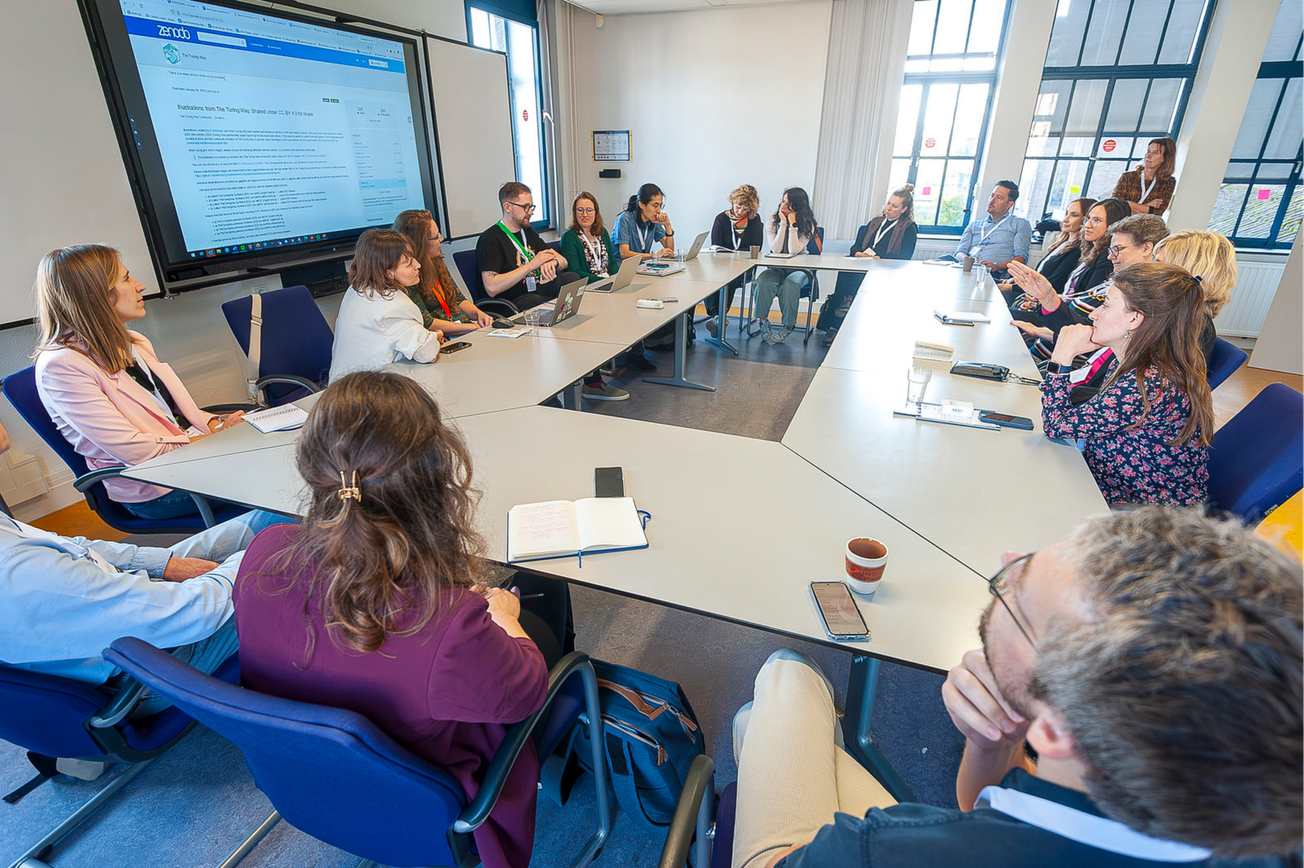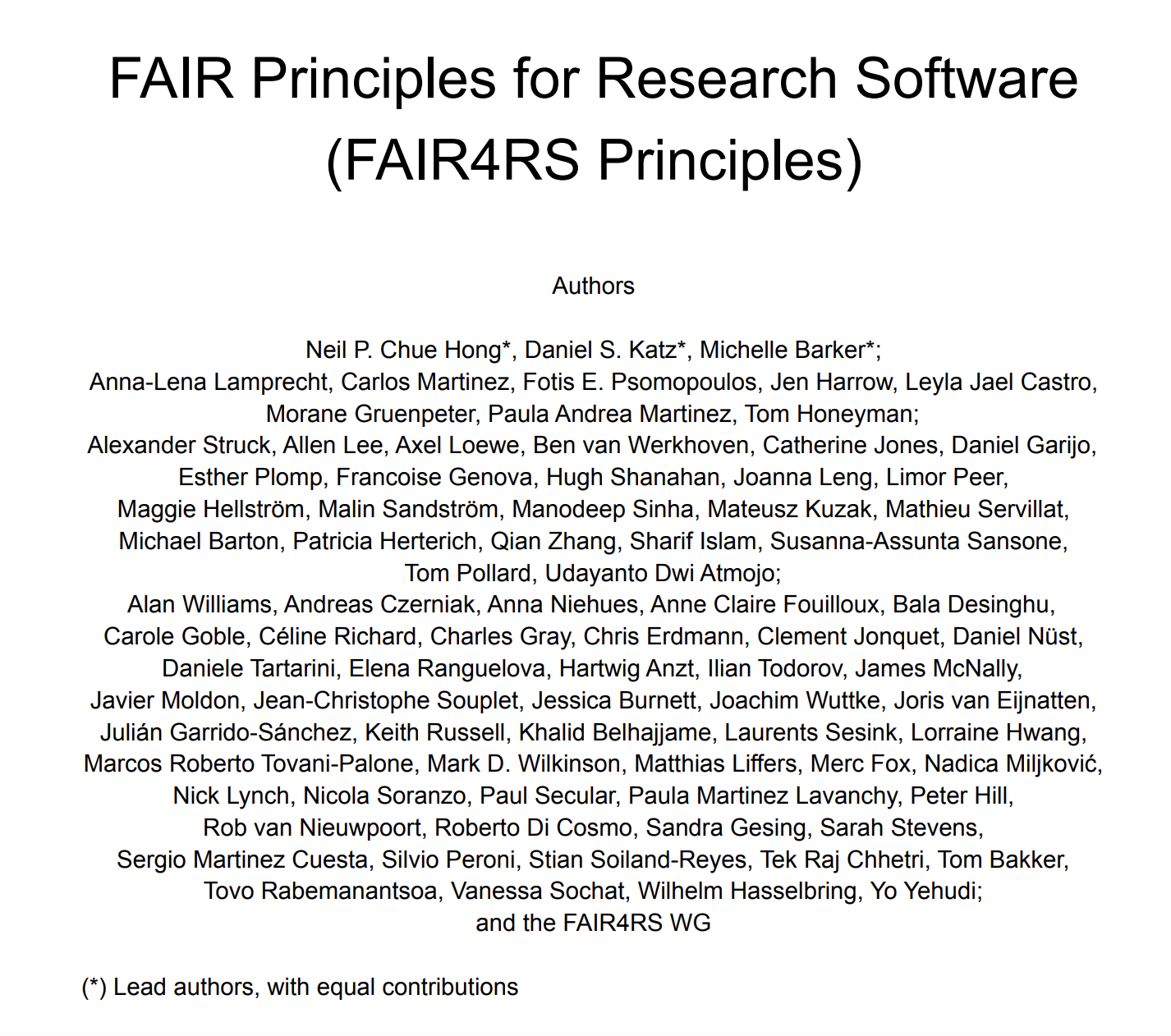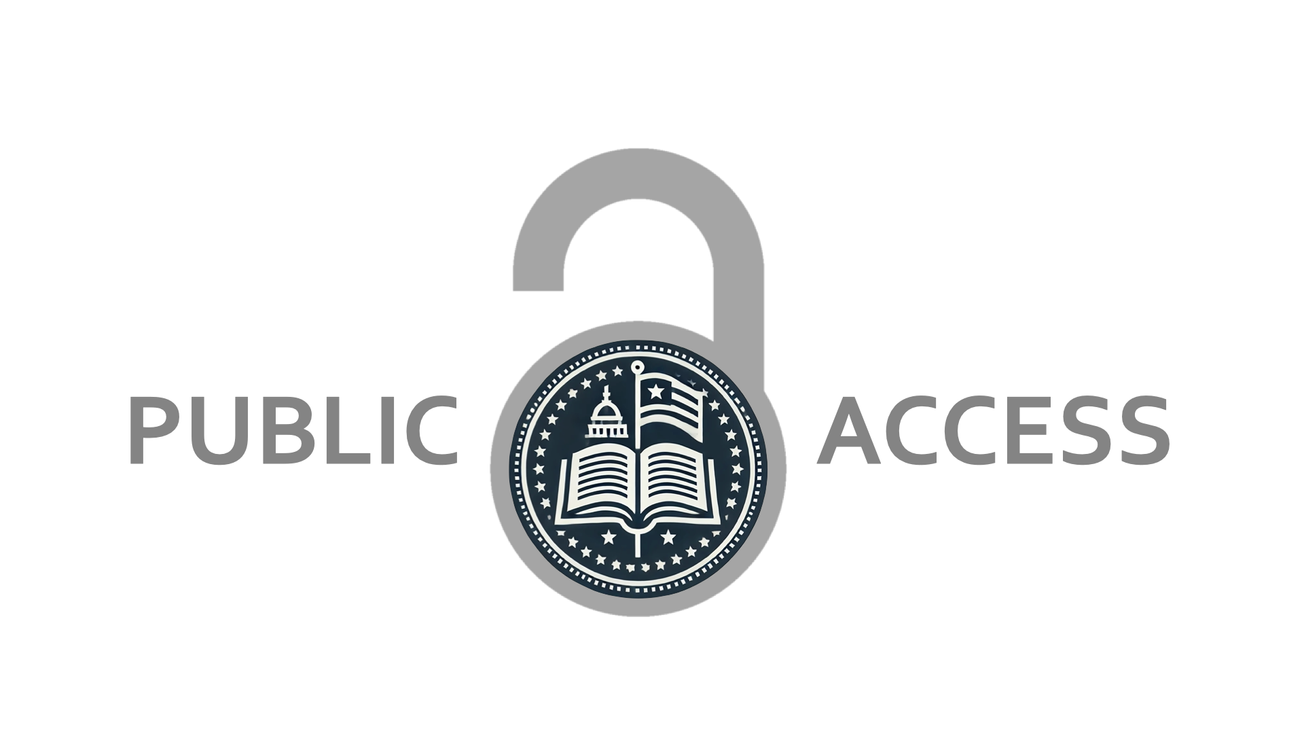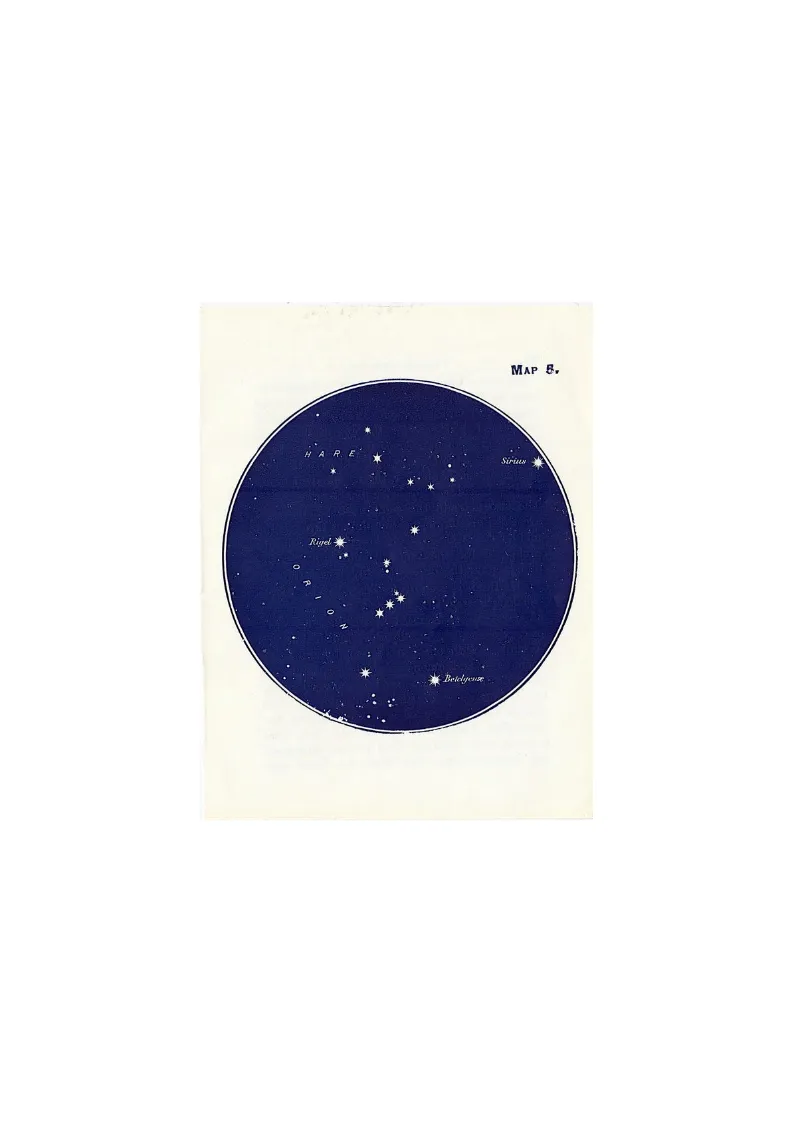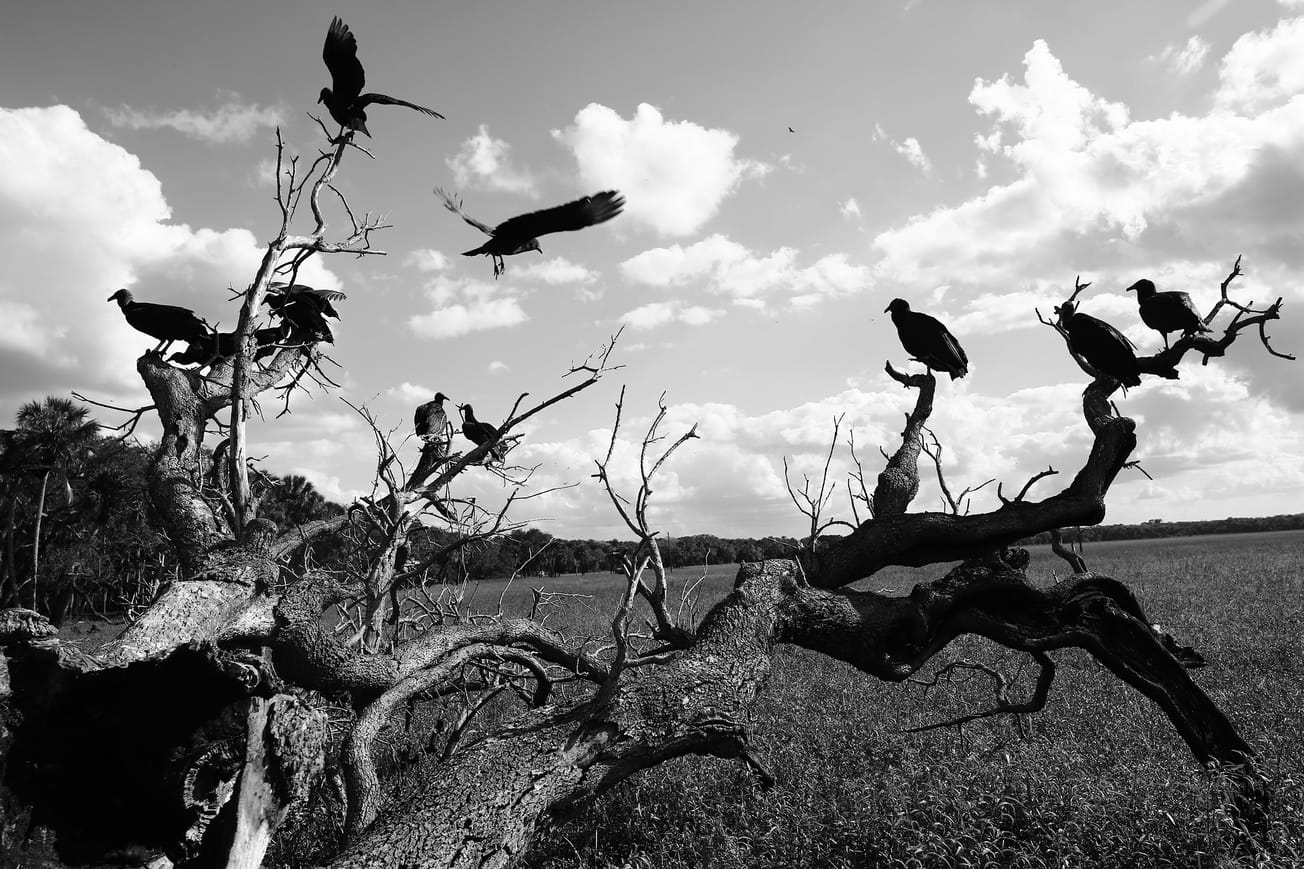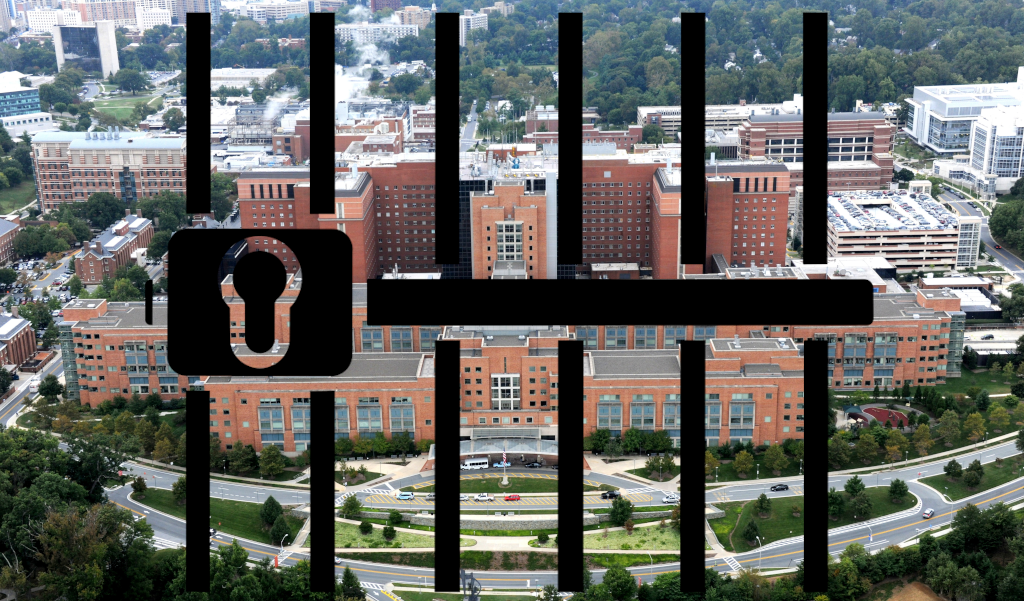In the rapidly evolving landscape of research, the importance of high-quality metadata and persistent identifiers (PIDs) cannot be overstated. PIDs and metadata are the connective tissue that binds together diverse research outputs, enabling discovery, accessibility, and reuse. Despite their critical role, the current model for metadata creation and enrichment is fraught with inefficiencies. Routinely, the task of improving metadata falls solely on PID creators or occurs within isolated, service-level silos. This fragmented approach leads to significant gaps in quality and coverage, creating barriers to the seamless integration and use of research information across platforms.
Our vision is to overcome these gaps and inefficiencies by building an open, collaborative framework for harnessing the collective expertise of the research community. By developing open, shared, and scalable mechanisms for metadata enrichment, and particularly for key PID providers like Crossref and DataCite, we can transform the current landscape. Our goal is to create a system where researchers, institutions, and service providers can contribute to and verify the metadata associated with research outputs, ensuring it is as accurate, comprehensive, and interconnected as possible.
Our Recent Workshops
This is not a challenge that can be tackled by any single organization—it demands a coordinated, community-driven effort. At the FORCE2024 Conference in Los Angeles and the Paris Conference on Open Research Information, we held community workshops about the need for collaborative approaches to increasing the metadata quality. At both events, we discussed metadata collaboration, exploring how we can collectively enrich, verify, and maintain the accuracy and trustworthiness of research metadata. These discussions have set the stage for something much larger—a shared commitment to transforming how we all handle metadata across the scholarly community.
Key Insights from Our Workshops
Our workshops in Los Angeles and Paris were spaces for the community to come together to discuss the complex challenges of metadata enrichment at scale. Here’s what we learned:
- Power of Collaboration: One of the strongest themes to emerge from these discussions was the undeniable power of collaboration. Whether it's between institutions, disciplines, or even across geographical boundaries, we discussed how collaborative efforts significantly enhance the richness and reliability of metadata. Participants shared success stories where joint efforts led to higher-quality metadata, and these examples underscored the potential for combining and scaling such initiatives.
- Interoperability: We identified a critical need for improved interoperability among the various tools and systems used to create and manage metadata. Workshop participants emphasized that without open publication, shared data formats, and standardized methods of exchange, even the best metadata can be underutilized. This insight has reinforced our commitment to developing solutions and frameworks that prioritize seamless interaction.
- Sustaining Quality: Ensuring the long-term quality and trustworthiness of metadata emerged as a central opportunity. We discussed strategies for ongoing maintenance and verification, recognizing that metadata needs to be a living entity—continuously updated and refined. This requires not just technical solutions, but also a sustainable governance model that encourages community participation and stewardship.
- Community-Driven Innovation: We know that some of the most impactful ideas come directly from the community. The workshops highlighted the importance of creating spaces where diverse voices can contribute, innovate, and shape the direction of metadata management. This reinforces our belief in an open, inclusive approach to governance and development.
The Path Forward: A New Working Group
Inspired by the success of these workshops, we are excited to announce the formation of COMET - the Collaborative Metadata Enrichment Task Force, a new working group focused on these principles. This group will carry forward the principles of openness, transparency, and community-driven governance with the aim of creating a robust framework for metadata collaboration. Our goals are ambitious:
- Establish Governance: Define the structure and principles that will guide our efforts, ensuring that our work remains open, inclusive, and driven by community needs
- Develop Collaborative Tools and Workflows: Build the tools and technologies necessary to support seamless metadata sharing, enrichment, and verification across the research ecosystem
- Sustainable Model: Craft a model that supports long-term sustainability, ensuring that our work remains freely accessible and perpetually open
- Community Engagement: Foster a vibrant community of stakeholders—from researchers and librarians to publishers and data stewards—who are committed to advancing metadata collaboration
An Open Invitation
We are now putting out an open call to join this emerging working group. If you are passionate about high-quality metadata and eager to contribute to this transformative effort, we invite you to get involved. Whether you have expertise in data management, software development, governance, or simply a strong interest in improving research metadata, your voice is essential.
To express your interest or to learn more about this work, please get in touch with our Community Outreach Manager, Clare Dean, by completing this Google form. Together, we can turn these ideas into reality.
Copyright © 2024 Adam Buttrick. Distributed under the terms of the Creative Commons Attribution 4.0 License.




